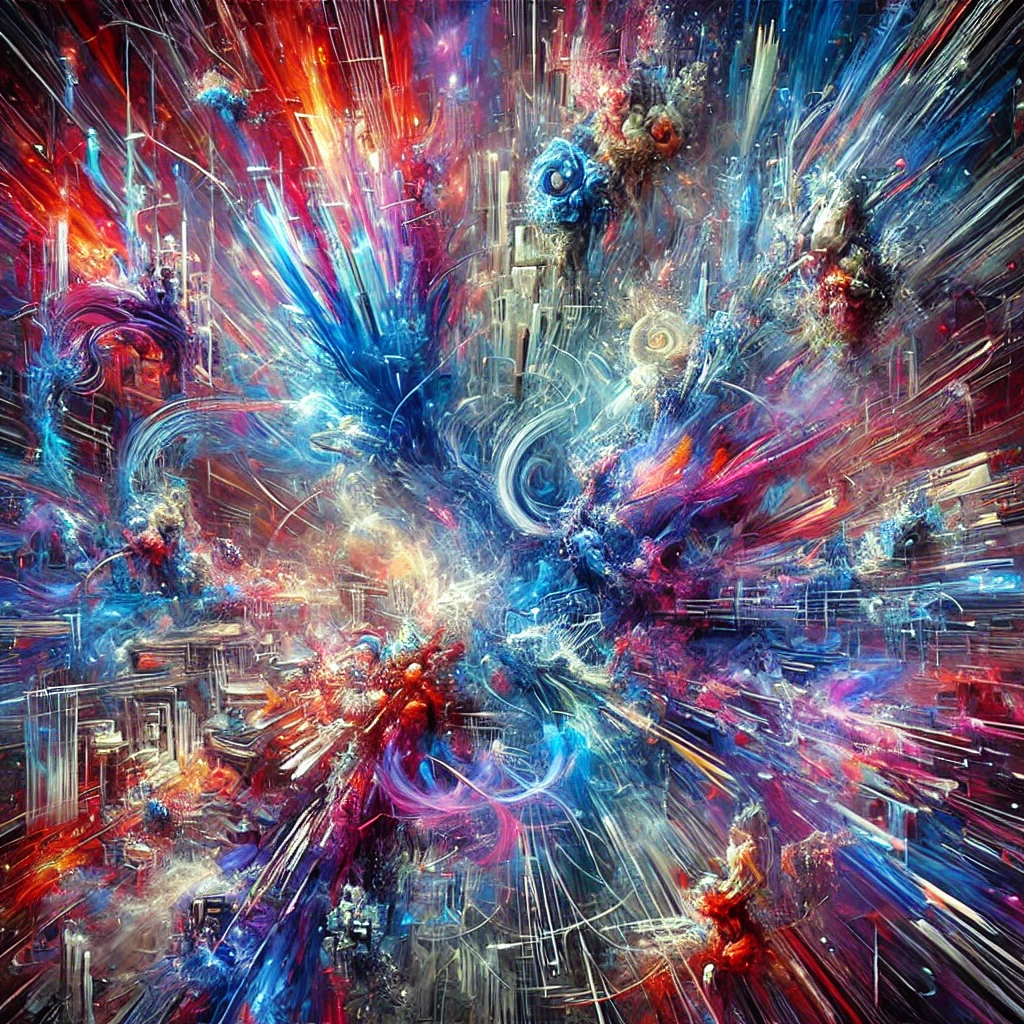beware the multi-associational
Beware of multi-associational devices.
They are ubiquitous and multi-faceted, hyperbolized Swiss Army knives. They are so powerful that we can no longer live modern life without them.
Yes, I'm talking about our phones. Those damn dopamine devices have our brain by the throat. The intermittent reward of our slot-machine apps, whether Instagram, TikTok, or the newest flavor of brain poison, keeps us coming back for the next bump.
Modernity has strong incentives against smartphone abstinence, threatening social isolation and disconnection from the world. If you cannot be reached through an app, you may miss out on valuable opportunities.
The irony is that the broad openness, the perpetually open socket to the entirety of information flow, keeps us isolated and disconnected. It is dissociation through inundation, a flooding of the senses that overwhelms our everything receptors. What do we choose to do when there are infinite things being advertised to us? What belief do we adopt when all information thrown at us is detached from time and space but born from algorithms designed to make us addicts?
Dark, I know, and I'm not the first to call out the pitfalls. I'm also not an advocate of digital abstinence, nor am I immune to these forces.
But I have learned a couple of techniques and principles to help protect me from the downsides.
Here's one that I love: use single-purpose devices instead of your phone.
What do I mean by this? Let's look at an example. Let's say you're a guitarist. While you may be avant-garde and prefer not to tune your instrument, you most likely would. I would at least hope you'll be socially corrected if not. BUT in the case you do like to tune your instrument, you might think to have a tuning app on your phone.
Bad idea! Well, not exactly. It's a bad idea if you exclusively use your phone for your tuner. Why? Because your phone is intensely multi-associational. You not only tune your guitar with your phone. You answer messages, emails, check your Instagram, look at your photos, etc. Of course, you don't look at porn, but if you did, you'd have that association too.
Yikes. That's a lot of associations popping up when you pick up your phone. And this isn't some airy-fairy theory. This is classic Pavlov. Remember the dogs that associated the sound of a bell with food, even in the absence of food? Well, we associate our phones with all sorts of food—various mental stimuli and states. But when a single device has so many varied associations, it is a fundamentally distracting tool.
Have you ever had the experience of wanting to look something up on your phone and then seeing a notification, only to find yourself putting your phone away asking yourself, "Wait, what was I doing?" You may have checked your notification, you probably forgot the thing you were looking up, and you may have even gone down some other rabbit hole. I know I have.
That's the danger of multi-associational devices. They are vortexes. They surface states of mind that may not serve you or the task you want to do.
If you pick up your phone to tune your guitar and then fall into a few minutes of checking your emails, you're out of the music mindset. Your brain has shifted gears. And yes, there's a weighty cognitive cost to switching tasks. It's known as context-switching, and it's a well-known way to drain your energy and burn your time without you even realizing it.
So what to do? Get a physical tuner. Use something that does not have so many associations to it. This will keep your mind protected from the floods of information from the outside world. This will keep you focused. Don't be distracted!
Of course, this isn't practical for all things. But let's take the steps where we can and the victories where we can find them. Here's my invitation and challenge to you: When you find yourself defaulting a task to a phone app, ask yourself, "Can I use something else to achieve this task?" Maybe it's using a physical alarm instead of your phone. Maybe it's using a physical tuner for your music or a physical book for your reading or a Kindle just for online articles.
Whatever it is, see what you can do to make it singularly associated with a task. You may find yourself more free from the distracting forces of our modern, over-connected age.
